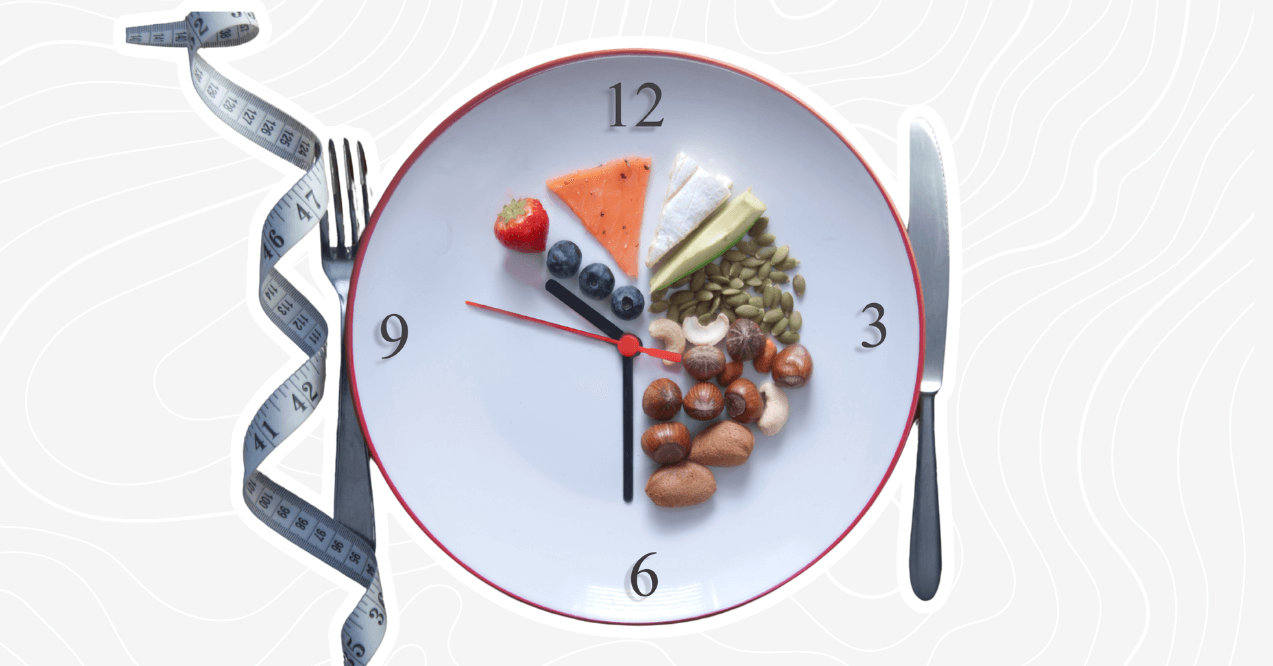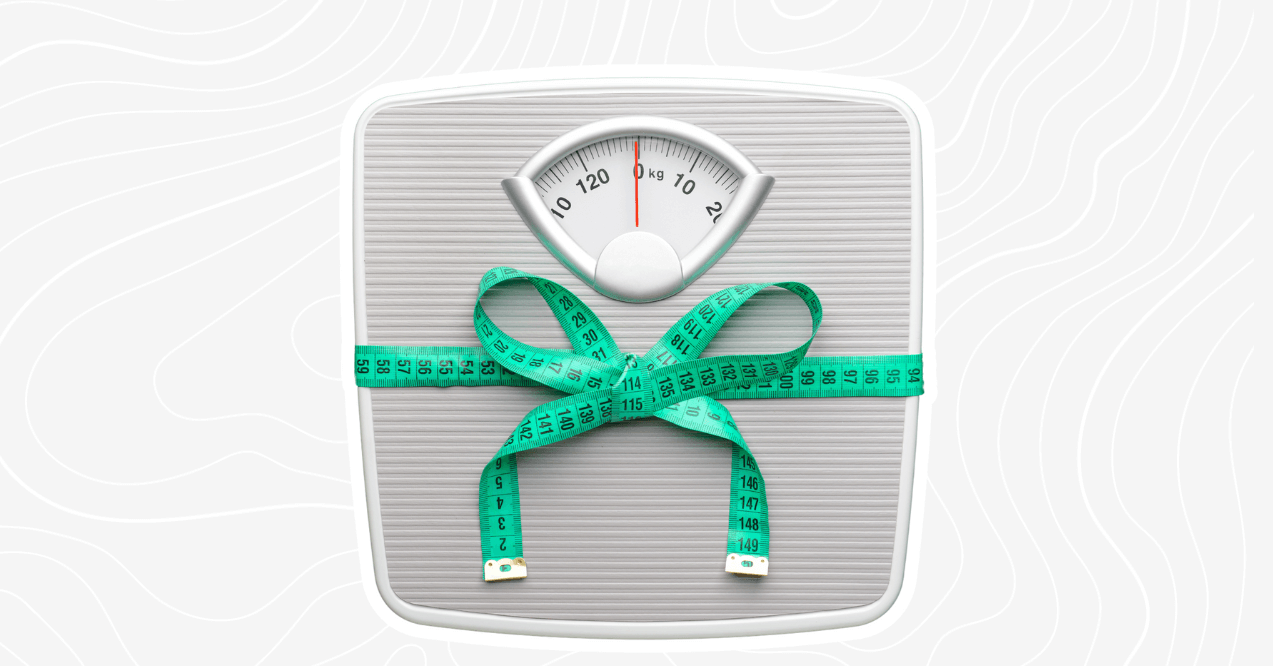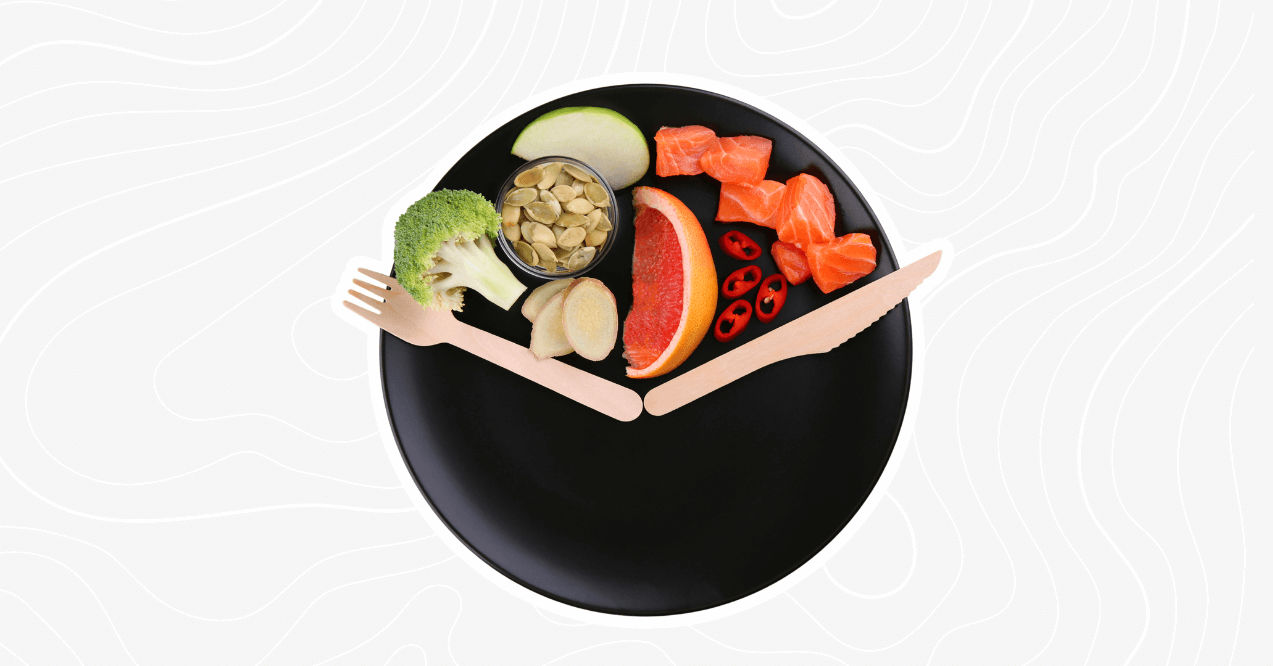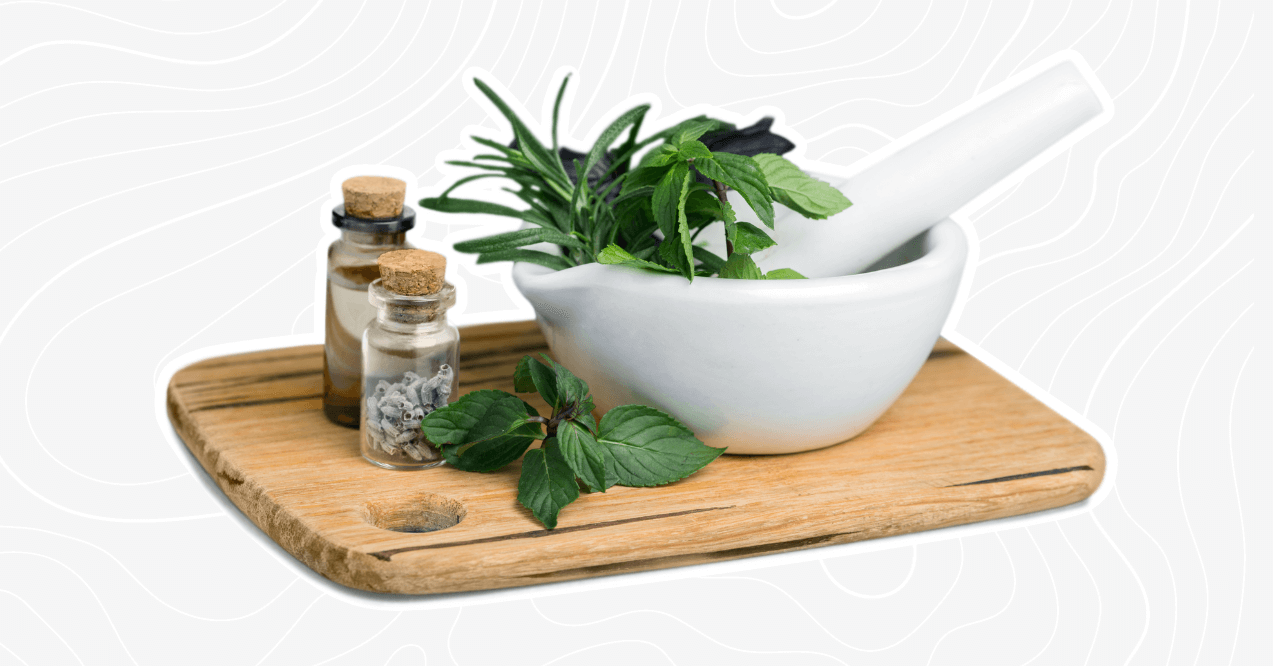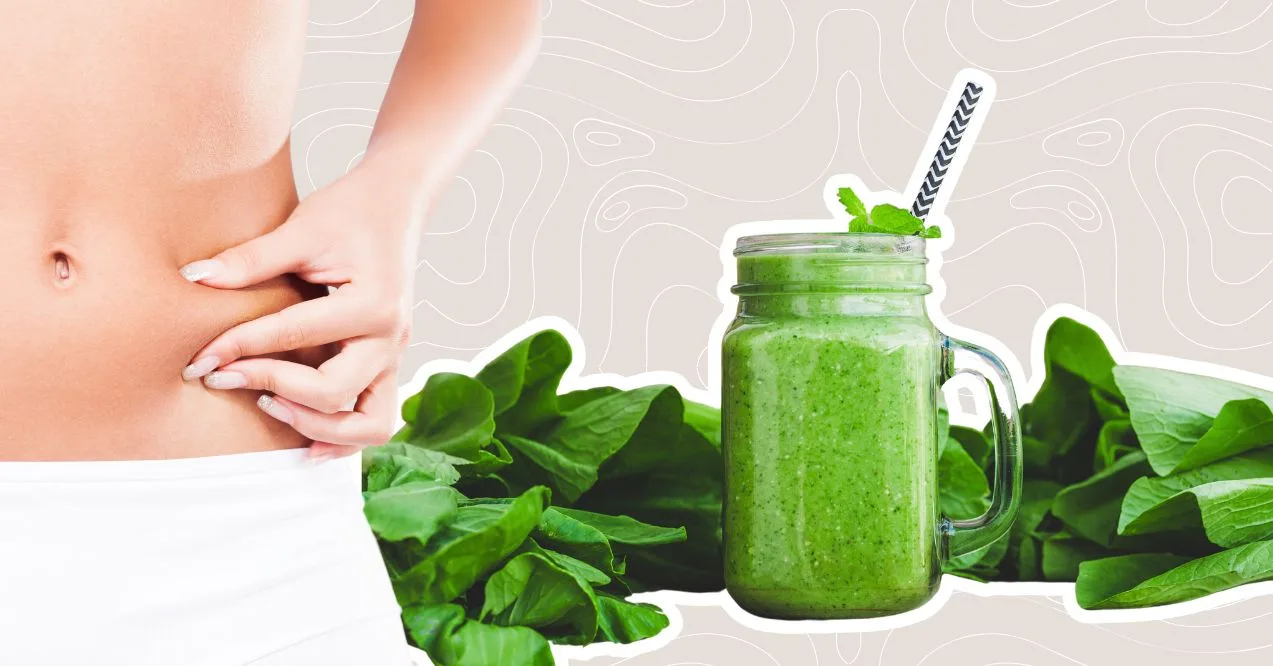

Can You Drink Protein Shakes Without Working Out?
Can you drink protein shakes without working out? Yes – that’s a succinct response! This, however, may vary based on your food choices, exercise objectives, and way of life. Protein shakes are a common drink among fitness enthusiasts and bodybuilders, and they unquestionably aid in the growth and repair of muscles. For those looking to enhance their results, combining protein shakes with bone broth supplements can support joint health and recovery, while a muscle gain stack can optimize muscle development.
Do protein shakes make you gain weight without working out or provide advantages outside the gym? Or, put another way, is it possible to consume a protein shake without working out? We must comprehend the many variables to arrive at an answer. This topic covers the production of muscle proteins and protein metabolism, in addition to the effects of protein shakes when physical activity is not involved.
Can You Drink Protein Shakes Without Working Out?
Protein drinks without exercise appear okay if you refrain from consuming too much protein or high-calorie foods. However, what made you decide to consume them in the first place? Maybe you want to be a little less underweight. Perhaps you would like to build muscles or venture into athletics. For whatever reason, protein shakes are healthy, provided that you consume them per your body’s requirements.
Sedentary people need 0.8 grams per kilogram of body weight or around 45–55 grams of protein daily, whereas elite athletes need 120 grams or more. Your weight, age, and gender matters here a lot. A protein shake on a rest day or day off won’t damage you. However, consuming high-protein drinks without eating extra protein while exercising may induce weight gain. Your protein needs depend on your goals. Protein shake consumption without exercise may have the following negative health effects:
- Inappropriate blood glucose rise
- Undesired weight gain
- Reduced muscle gain
- Greater risk of kidney-related issues
A protein shake on your day off or after a workout break won’t harm your body. But if you take more protein shakes without working out, it may lead to weight gain.
What Goes Into a Protein Shake?
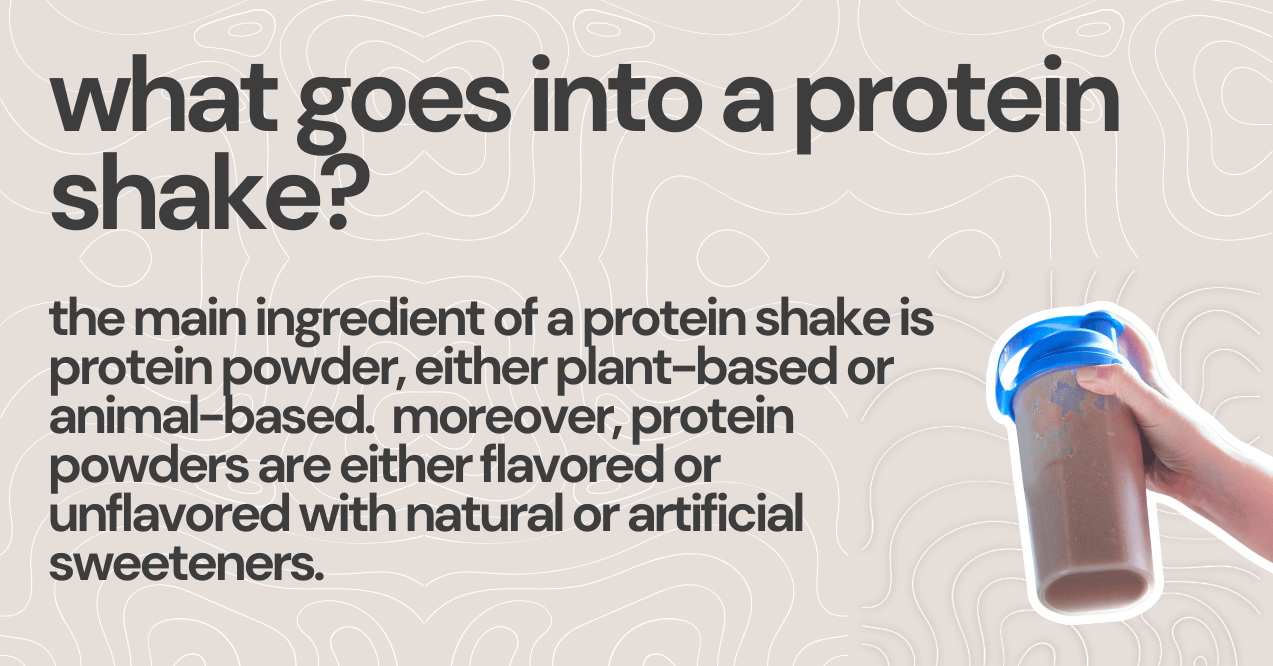
The main ingredient of a protein shake is protein powder, either plant-based or animal-based. Plant-based protein powders include those made from soy, hemp, peas, and brown rice. Conversely, animal-based products contain casein, eggs, and collagen.
Protein powders are either flavored or unflavored with natural or artificial sweeteners. Protein shake powders often contain iron, zinc, niacin, vitamin B12, and other vitamins and minerals. The simplest protein shake recipes combine protein powder with water or cow’s milk, while more complex ones may use almond, rice, or oat milk.
The nutritional value, selection, and range of protein shake ingredients significantly expanded after the drink’s introduction in the US in the 1950s. Now, protein smoothies often contain peanut butter and bananas. You can explore creatively, adding frozen cauliflower, Greek yogurt, avocado, berries, and peaches to your protein shake. Protein shakes include various ingredients, making nutrition information challenging to generalize. Let’s address several crucial protein shake components below.
Adding Vegetables to Protein Shakes
Drinking a protein smoothie can help you track calories and get adequate protein. While searching for the best-unflavored protein powder, try adding veggies to your protein shake mix. The best kinds of vegetables to include in your protein shake mixture are as follows:
Spinach
Due to its neutral flavor, spinach is a common addition to protein shakes and is ideal for use in green smoothies. Additionally, it doesn’t change the protein shake’s flavor. It is appropriate for smooth blends since it blends well while leaving some chunks in your protein shake.
Because spinach is high in vitamins and antioxidants, it provides many health advantages. Spinach pairs well with banana, flaxseed, coconut, berries, and yogurt to make delicious protein beverages.
Carrots
Another well-liked drink is a carrot protein drink or smoothie, particularly among health enthusiasts. Carrot juice is well known for its health advantages since it is high in fiber and protein. You may add carrots to your protein powder drink to create a perfect meal replacement for breakfast or a light lunch.
To enhance taste, you may also combine carrots with other fruits and vegetables, including oranges, pineapples, mangos, and berries. This results in a fantastic protein smoothie recipe for recovery after working out!
Kale
In endurance exercises, such as body workouts, potassium, magnesium, and calcium are essential. Fortunately, a cupful of raw kale contains substantial amounts of these nutrients.
Since kale has more vitamin C per gram than oranges, it’s a terrific idea to have some before engaging in high-intensity activity when you want a rapid energy boost. It will increase your energy levels and the defense of your immune system. Its antioxidant qualities will also aid in accelerating the healing process. It’s a double win since kale could help undo some of the oxidative damage that exercise might bring about.
Adding Fruits to Protein Shakes
Would you like protein shakes for breakfast, but they don’t taste that great? Consuming protein powders independently is challenging as most of them have a gritty flavor. To spice up your shake, feel free to add other ingredients. Fruits may boost the nutritional content of your protein shake recipe and add flavor. Check out some of the best fruits below:
Banana
The most important point here is that bananas are high in vitamin A, which aids eyesight. They also contain vitamin B6, which reduces cardiovascular disease risk and converts meals into workout energy. Bananas are abundant in fiber, potassium, and vitamin C, too.
Protein smoothies benefit from ripe bananas’ sweetness and nutrition. Mushy bananas are also more straightforward to combine and integrate into your protein shake.
Berries
Berries are superfoods since they are naturally nutrient-rich and have health benefits. They add a rich flavor to your protein smoothie. Select your favorite berries from the market. Want to add some variety to your protein shake recipe without sacrificing its health benefits? Berry lovers, rejoice! Add a variety of berries into your drink. Fresh or frozen, it doesn’t matter – they offer the same health benefits.
It’s simple to combine berries with other fruits and vegetables. They complement matcha, chocolate, and bananas. Thus, experimenting with different recipes will be more fun, and you’ll always have something new.
Coconut
Coconut is a popular protein shake ingredient. It pairs nicely with most protein powders, making it appealing. You can add coconut milk or water to protein powder shakes. Coconut shavings add texture to drinks, aside from minerals and flavor.
Coconut contains B vitamins, iron, fiber, and unsaturated fat. It offers protein drinks a nice flavor that complements the other ingredients without overpowering them.
Adding Animal Proteins to Protein Shakes
Meat is a major source of protein in the human body, but most people avoid meat products due to their fat content. Therefore, animal protein replacers, with the same organoleptic and nutritional qualities as the original product, come into play.
Collagen Peptides
Animal collagen peptides are small protein fragments. Your body needs collagen, which is obtainable through foods and supplements. Your skin, bones, and cartilage benefit highly from collagen. It is a bioactive peptide essential to our connective tissue, tendons, ligaments, joints, bones, gut, circulatory system, hair, skin, and nails.
Bone Broth Proteins
How much collagen is in bone broth? Can you have collagen and bone broth together? They are highly related. Bone broth pays homage to the age-old knowledge of utilizing every part of the animal and is steeped in tradition and history. Simmering bones for a long time—often with a combination of veggies and herbs—makes a rich, aromatic liquid. Collagen gets extracted during the lengthy heating process, which turns bone broth into a complete diet that naturally contains this essential protein key for working out.
How Much Protein Does Our Body Need?
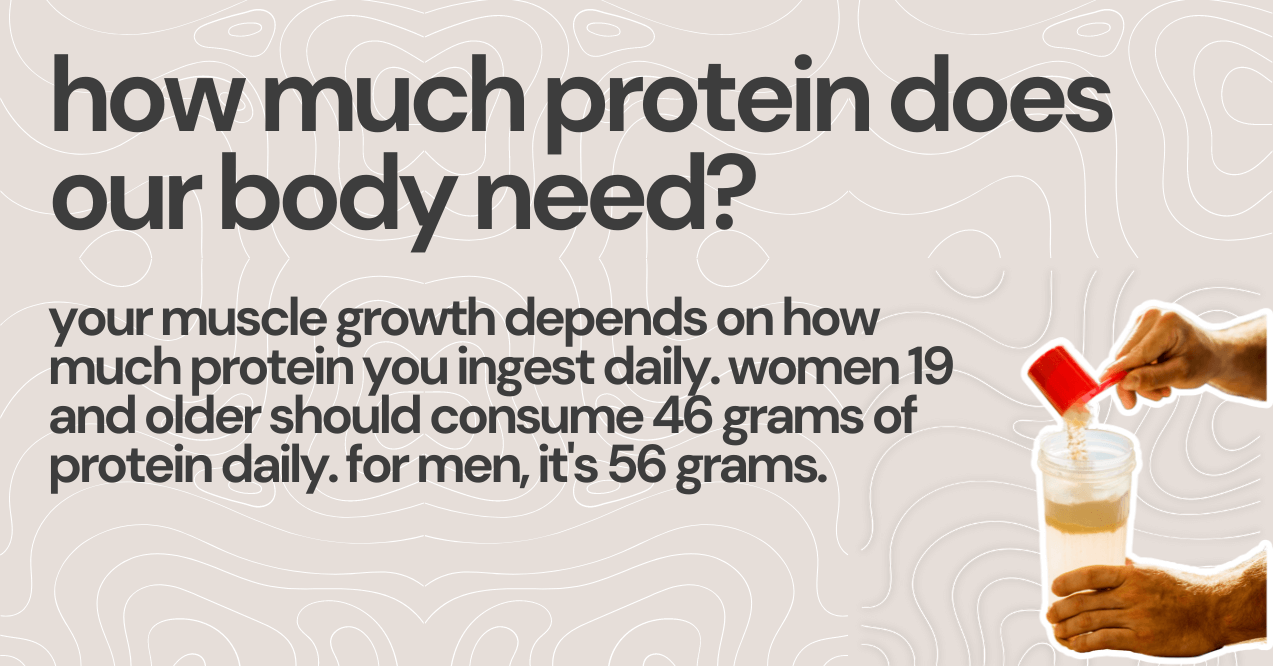
Your muscle growth depends on how much protein you ingest daily. Women 19 and older should consume 46 grams of protein daily. For men, it’s 56 grams.
Brand-specific protein powder scoops contain various quantities. Protein powder generally comprises 10–30 grams per serving. That provides 20–50% of the daily protein requirement. The ideal daily protein intake for those who exercise falls between 1.4 and 2.0 g/kg, the precise amount varying based on your objectives. This is obtainable through food, but protein shakes offer a handy approach to ensuring you get the high concentrations of the different amino acids needed for muscle development and repair. Moreover, protein shakes include trace quantities of additional vitamins, minerals and protein.
How Often You Should Drink Protein Shakes Without Working Out?
Your body will not benefit or suffer if you sometimes drink a protein shake without exercising, but if you do it often, the extra calories might cause weight gain. Protein drinks are undoubtedly okay without exercising. However, there is no need to consume protein shakes daily.
Having a 3,500-calorie excess leads to one pound of body fat growth. With each protein shake containing around 300 calories, you must consume roughly 10 protein drinks without working out to gain one pound, assuming you don’t cut back on your diet.
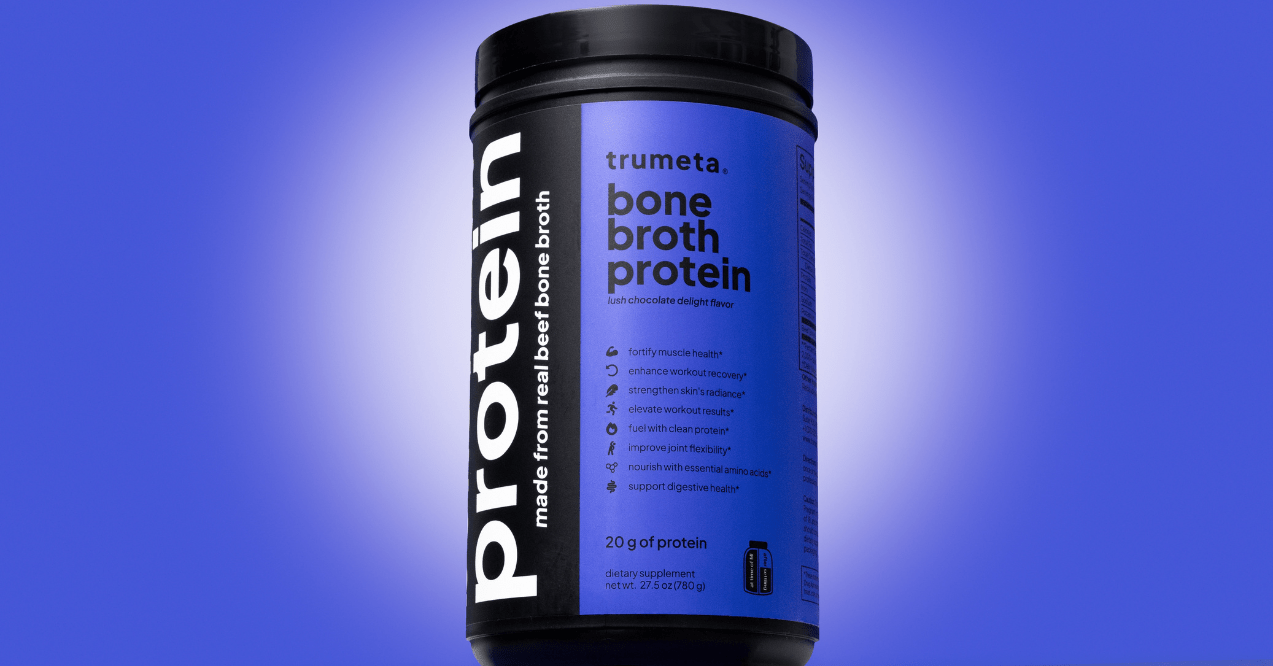
Now, what if you want a supplement to replace your protein shake? Trumeta bone broth protein powder delivers high-quality collagen filled with essential nutrients when you need it most. Trumeta product, crafted from carefully chosen cattle bones. You may amp up your resistance training with the finest form of protein powder and see remarkable muscle growth. Experience the benefits of trumeta bone broth protein powder, and support swollen joints and tendons.
Trumeta protein powder can also support recovery after a workout and promote mental clarity. Plus, you’ll enjoy the appearance of youthful well-moisturized skin and radiate eternal youth and brightness. With each nutrient-rich scoop, this collagen supplement drives your journey toward well-being. Here’re a few benefits:
- With a high protein content, it gives your everyday routine extra nutritional support. It’s an adaptable option for a healthy lifestyle, perfect with water, in smoothies, or as a novel component in cooking.
- Bone broth supplement is great for seniors concerned with maintaining their long-term health and athletes looking to improve performance. This adaptable supplement meets one’s body’s demands at any stage of life.
- Trumeta bone broth powder nourishes your skin, hair, nails, joints, muscles, and more. It’s fortified with nine amino acids and contains 98% genuine bone broth powder.
If you wish to consume protein shakes without exercising, consider your entire dietary context and your goals for body composition.
Do Protein Shakes Make You Gain Weight Without Working Out?
What happens if you consume protein shakes and don’t work out? Should you drink protein shakes on non-workout days? Is it okay to drink protein smoothies without exercising? Protein smoothies are safe to consume if you’re in excellent health.
A serving of protein shake typically contains 100 calories or more. Think about it: that’s about the same as four ounces of boiling potatoes or half a cup of cooked boiled rice. Adding milk, fruits, veggies, ice cream, or meat to your typical protein shake will increase its calorie content! That will be equivalent to a drink with 200–500 calories, if not more!
According to Healthline, eating a high-protein diet is an excellent method to grow muscle and reduce weight, and protein shakes make it simple to consume more protein. However, you will surely acquire undesirable weight if you merely idly sip protein shakes without exercising, particularly ones with bulk-up components. That’s how your body reacts to this drink, mainly if you’re not doing extra physical activity.
Note that your body knows how many calories it needs to function. Your body will simply store the excess calories as body fat and use them if it runs out of primary energy sources. Gaining weight can be problematic, depending on your current situation, so exercise regularly and stay active.
Key Takeaways
Protein shakes are something you drink to build muscle, not fat! They are an excellent way to enhance your regular body workouts.
You can make a nutritious and well-balanced smoothie by mixing fruits and vegetables into your protein smoothies. The simplest protein shake recipes are as easy as combining protein powder with water or regular cow’s milk; however, plant-based milk such as almond, rice, or oat milk can be used for more intricate formulations.
Muscle building requires regular exercise along with protein shakes at the required dosage. The ideal daily protein intake if you exercise frequently is between 1.4 and 2.0 g/kg, with the precise amount varying based on your objectives.
Whether you’re attempting to gain or lose weight, consider the following when determining the optimal number of protein shakes daily:
- Your training regimen
- Workout preferences
- Objectives
Your chances of gaining extra weight decrease if you exercise regularly and keep active. Therefore, don’t despair! You can consume protein shakes, even on non-exercise days.
You can, but it will depend on how much protein your body needs. For instance, you may need protein shakes every day if you are a skilled athlete or lifter.
Protein shakes help your body get the protein it needs from the food you eat every day. They are also a quick and easy way to get proteins and help muscles grow and heal.
You won’t get sick if you drink a protein shake before a meal. However, you may experience some discomfort if it contains lactose or artificial sweeteners.
Advertisement. This site offers health, wellness, fitness and nutritional information and is designed for educational purposes only. You should not rely on this information as a substitute for professional medical advice, diagnosis, or treatment. If you have any concerns or questions about your health, you should always consult with a physician or other health-care professional. Do not disregard, avoid or delay obtaining medical or health related advice from your health-care professional because of something you May have read on this site. The use of any information provided on this site is solely at your own risk.
Advertisement. This site offers health, wellness, fitness and nutritional information and is designed for educational purposes only. You should not rely on this information as a substitute for, nor does it replace, professional medical advice, diagnosis, or treatment. If you have any concerns or questions about your health, you should always consult with a physician or other health-care professional. Do not disregard, avoid or delay obtaining medical or health related advice from your health-care professional because of something you may have read on this site. The use of any information provided on this site is solely at your own risk.

